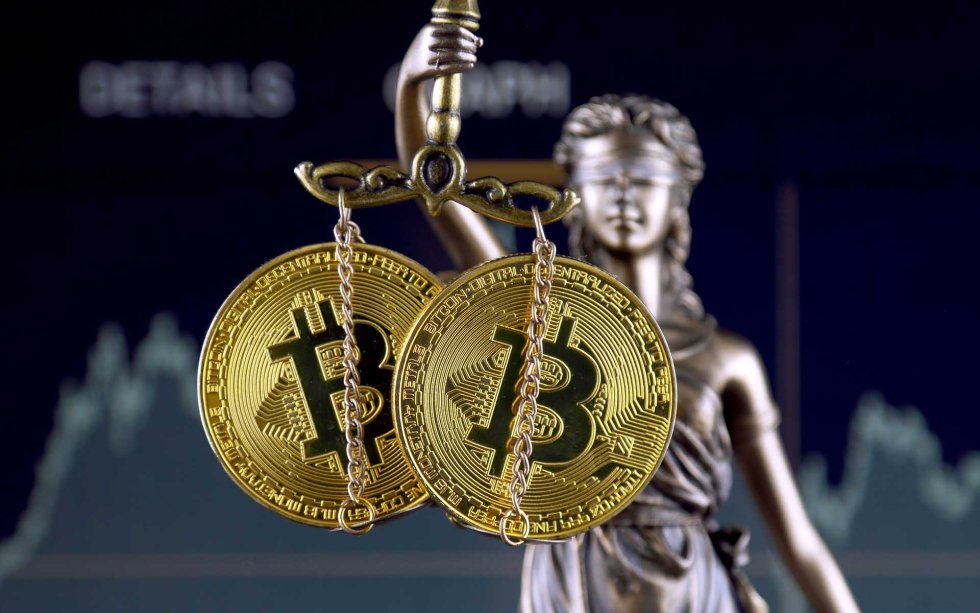The Supreme Court of South Korea overturned a pre-existing law in order to seize some 191 bitcoins, thus legally recognizing them as assets. The cryptocurrency had been allegedly earned through the provision of illicit pornographic content.
A Case Stretched in Time
A legal case took place last year involving 33-year old Ahn, who had been operating an illegal pornography site in South Korea since December 2013. He was arrested in May 2017. The prosecution found that the individual had accumulated a total of 216 bitcoins at the time of his arrest.
Under the premise that Ahn had acquired Bitcoin through criminal activity, the prosecution demanded that the convict’s cryptocurrency should immediately be confiscated.
Yet, applying the laws by the letter, Suwon’s District Court ruled that:
It is not appropriate to confiscate bitcoins because they are in the form of electronic files without physical entities, unlike cash. […] Virtual currency cannot assume an objective standard value.
The decision of the court was appealed, leaving it to the discretion of the country’s Supreme Court.
New Development Taking Place
On May 30, 2018, South Korea’s Supreme Court banged the gavel and ruled in an entirely different light. The country’s highest magistrates confirmed the appeal, allowing the prosecution to seize 191 of the 216 bitcoins.
The court ruled that exactly 191 units of the world’s largest cryptocurrency by market capitalization had been accumulated through the website distributing illegal online content.
The Supreme Court’s merit for the ruling was that:
The cryptocurrency is recognized to have value so it can be confiscated.
Going further, taking the Penal Code of South Korea into account, the court also stated that:
The bitcoins were earned from the proceeds of crime. […] If we return the bitcoins to Ahn, it will be giving him back profits that were earned illegally from running an online porn site.
A loss for Ahn, A Victory for Cryptocurrencies
While it’s true that not all of Ahn’s bitcoins fell under the range of the ruling, the Supreme Court’s decision offers some legislative clarity on the matter of cryptocurrencies — for once, it recognized them as a traditional asset class.
The Supreme Court in South Korea is second only to the country’s Constitutional Court in terms of legislative capabilities. While its rulings do not constitute laws or even legal directions, the fact that such a high legislative authority recognizes Bitcoin as an asset class surely carries some weight.
For what is worth, we’ve seen a lot of movement on that front in the past month. First, the country’s Financial Supervisory Service (FSS) declared that the government is set to review the currently existing regulations. Later on — at the end of May — we saw the country’s National Assembly proposing a permit for domestic Initial Coin Offerings (ICOs).
Do you think South Korea is moving in the right direction towards transparent regulation for cryptocurrencies? Don’t hesitate to let us know in the comments below!
Images courtesy of Pixabay, AdobeStock.
